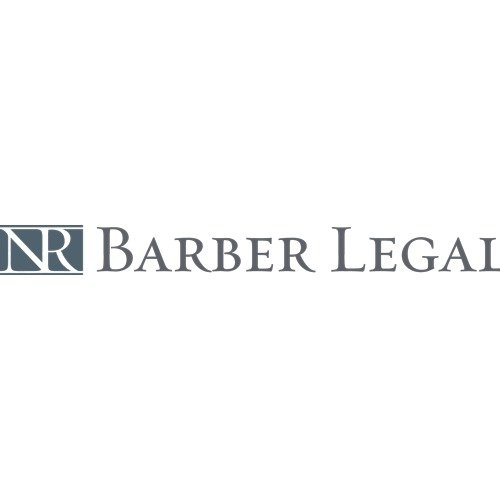Best Nursing Home Abuse Lawyers in Perth
Share your needs with us, get contacted by law firms.
Free. Takes 2 min.
List of the best lawyers in Perth, Australia
About Nursing Home Abuse Law in Perth, Australia
In Perth, Australia, the legal framework is dedicated to safeguarding the rights, dignity, and well-being of elderly individuals, particularly those residing in nursing homes. It views any form of nursing home abuse - be it physical, psychological, or financial - as a criminal act. The law requires nursing facilities to provide an environment that supports the health, safety, and quality of life of the residents.
Why You May Need a Lawyer
If you feel a loved one is being abused or neglected in a nursing home, a lawyer can be crucial. They can help investigate your suspicions, and if your fears are founded, they will guide you through the process of reporting the abuse to the proper authorities and taking legal action against the offending parties. They are also crucial in gathering evidence, negotiating compensation, providing representation in court, and ensuring the victim gets justice.
Local Laws Overview
In Perth, elder abuse prevention is covered under the Aged Care Act 1997, and criminal acts by care providers are regulated under the Australian Criminal Code Act 1995. Specific local laws may also apply, and a local lawyer can educate you about them. Apart from criminal penalties, care providers might also be liable for civil damages if they breach their responsibility to prevent or respond to elder abuse.
Frequently Asked Questions
What constitutes abuse in a nursing home?
Nursing home abuse can be physical, psychological, sexual, financial, or neglect. It includes, but isn't limited to, unexplained injuries, dehydration, malnutrition, over-medication, and sudden changes in financial situation.
How can I detect abuse?
You should keep an eye out for physical signs like unexplained injuries, weight loss, and changes in behaviour. If the elder seems unusually withdrawn, fearful, or anxious, it could be a sign of abuse. Financial irregularities can also be clues.
What should I do if I suspect abuse?
If you suspect abuse, immediately report it to the facility’s management, local legal authority or appropriate government agency and consider getting legal representation to protect your loved one’s rights.
Can I file a lawsuit for nursing home abuse?
Yes, you can file a lawsuit for nursing home abuse. If the case is proven, the victim may be eligible for compensation for their medical bills, pain, suffering, and other damages.
What compensation can I expect from a nursing home abuse case?
Compensation varies depending on the circumstances. It might cover medical costs, relocation costs, pain and suffering, and in some cases, punitive damages.
Additional Resources
Advocare, Elder Rights Advocacy, and Aged Rights Advocacy Service are organizations that offer advice and information about elder abuse in Perth, Australia. You can also contact Western Australia’s Elder Abuse Helpline for assistance.
Next Steps
If you need legal help regarding nursing home abuse, start by documenting your observations. Contact an experienced lawyer and share your concerns with them. If the abuse is ongoing or life-threatening, consider moving your loved one to a safe place immediately. Throughout this process, your lawyer will guide you on gathering evidence, reporting the abuse, and taking the necessary legal steps.
Lawzana helps you find the best lawyers and law firms in Perth through a curated and pre-screened list of qualified legal professionals. Our platform offers rankings and detailed profiles of attorneys and law firms, allowing you to compare based on practice areas, including Nursing Home Abuse, experience, and client feedback.
Each profile includes a description of the firm's areas of practice, client reviews, team members and partners, year of establishment, spoken languages, office locations, contact information, social media presence, and any published articles or resources. Most firms on our platform speak English and are experienced in both local and international legal matters.
Get a quote from top-rated law firms in Perth, Australia — quickly, securely, and without unnecessary hassle.
Disclaimer:
The information provided on this page is for general informational purposes only and does not constitute legal advice. While we strive to ensure the accuracy and relevance of the content, legal information may change over time, and interpretations of the law can vary. You should always consult with a qualified legal professional for advice specific to your situation.
We disclaim all liability for actions taken or not taken based on the content of this page. If you believe any information is incorrect or outdated, please contact us, and we will review and update it where appropriate.









